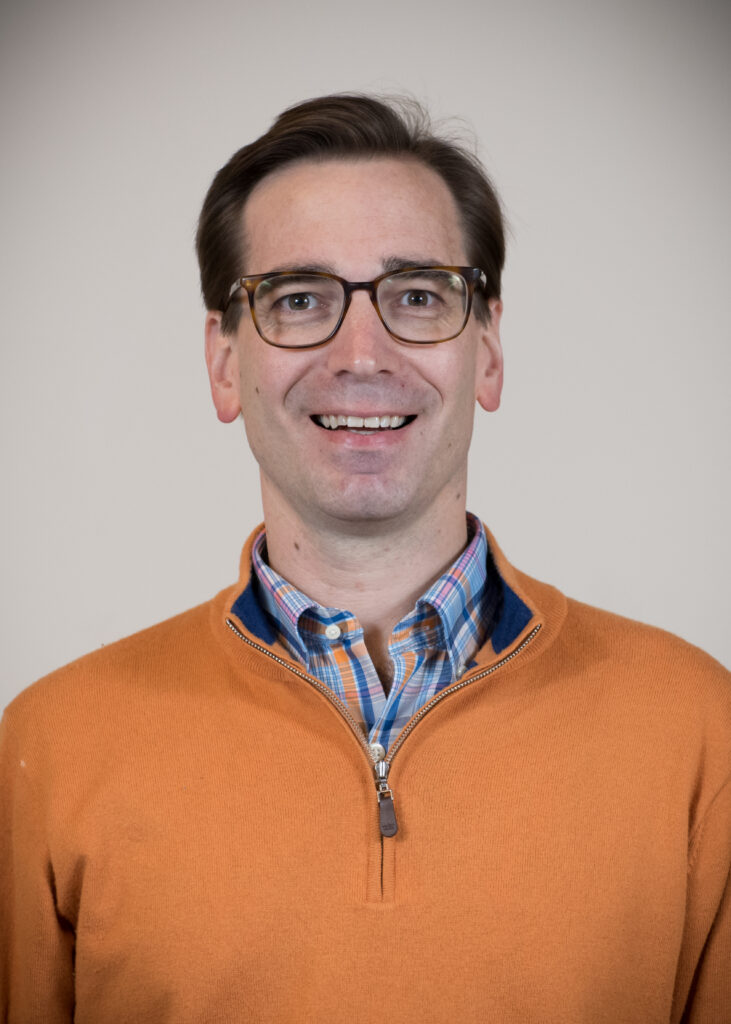To address inequities in community-wide healthcare by increasing number of public-health practitioners
City of Cleveland residents who lack access to healthcare will benefit from a new Case Western Reserve University-led program designed to increase the number of public-health practitioners serving the community.
With a $1.5 million grant from the U.S. Department of Health and Human Services, Case Western Reserve University School of Medicine will recruit 51 potential or advancing public-health practitioners (PHP) from Northeast Ohio for graduate public-health courses over the next three years.
Through a partnership with the Cleveland Department of Public Health (CDPH), the public-health students will receive tailored training and field experiences aligned with CDPH’s mission and supervision.

“An important aspect of this program is health equity and engaging underserved populations,” said Daniel Tisch, director of the School of Medicine’s Master of Public Health program (MPHP), who will direct the new Public Health Training for Northeast Ohio Workforce (PHT-NOW) program.
“This grant presents an incredible opportunity for free public health training for those committed to improving the health of Greater Cleveland’s residents,” said Cleveland Public Health Director David Margolius. “On behalf of Cleveland’s Department of Public Health, we are so grateful for this investment in our people.”
Founded more than 20 years ago, the School of Medicine’s MPHP focuses on health equity and social determinants of health—and this year added a new course on racism and public health.
The School of Medicine’s MPHP began coordinating support activities with CDPH in March 2020, prompted by the COVID-19 pandemic and an urgent national and local shortage of skilled public-health staff to provide the needed healthcare and disease prevention—especially to minority and low-income communities.
This coordination became a formal partnership in October 2020 through an agreement that embedded CWRU faculty, staff and students in the local public-health agency.
The partnership addressed community needs through epidemiological support, technologies, data-informed responses to address health inequities, mentoring junior staff and leaders of the public-health workforce and establishing a training pipeline from a graduate MPHP to employment at the local health department.
“This structure,” Tisch said, “forms the basis for our public-health scholarship program to leverage existing affiliations to create a more diverse, skilled and responsive public-health workforce.”
Applicants must be employed by an approved public health agency in Northeast Ohio, hold at least a bachelor’s degree and apply to the CWRU MPH program.

